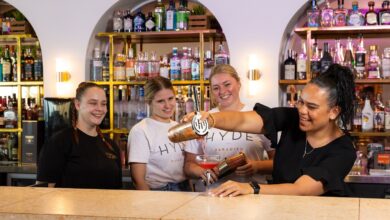AAA Attacks Alternative Accommodation Options
Our industry pays a raft of taxes to local, state and federal governments. Taking this into consideration, the Accommodation Association of Australia is very concerned about the rapid emergence of accommodation options outside of traditional hotels, motels, serviced apartments, bed-and-breakfasts, farmstays, hosted accommodation and caravan parks, to name but a few.
“Specifically, companies such as Airbnb allocate rooms for visitors in private homes. While some may see this as part of healthy competition and expanding Australia’s accommodation offering, the consequences could be quite negative. Although AAA is still in the process of seeking advice on this issue, there is a possibility that some companies offering these options are contravening local and state government law. This is because some of these options have very few, if any, public safety measures in place for guests that traditional accommodation operations have. Such safety measures include public liability insurance, evacuation and emergency procedures and higher building standards, among many others. Safety of guests must be paramount at all times,” stressed AAA chief Richard Munro.
“In addition, such accommodation options risk compromising our tourism brand. I remember a situation a few years ago when some international visitors to Sydney arrived in the city under the impression that they had booked into a five-star hotel, but instead, they arrived at a suburban house. It was a less than inspiring first impression of our largest city and Australia’s biggest tourism destination. On behalf of the accommodation industry, the AAA is preparing to engage with governments about the most effective way to address this important issue with the aim of ensuring that there is a level playing field between traditional providers and companies that market rooms in private houses,” said Mr Munro.

AccomNews is not affiliated with any government agency, body or political party. We are an independently owned, family-operated magazine.







